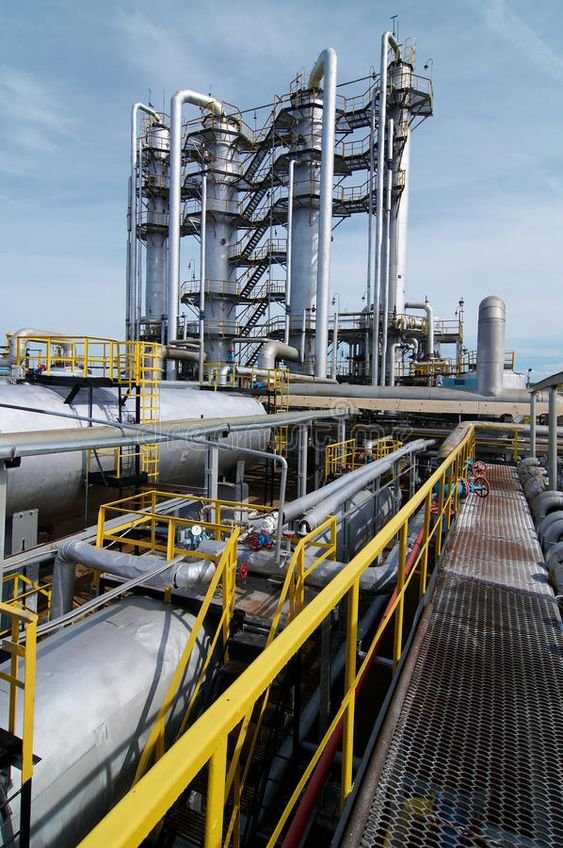our portfolio
Cases Study

Saudi Industrial Development Company

Fresh Food Company Limited
Case Study Title:
Implementing International Financial Reporting Standards (IFRS) at Saudi Industrial Development Company (SIDC):

Introduction
The Saudi Industrial Development Company (SIDC) is a cornerstone in Saudi Arabia’s industrial sector, providing pivotal support to a wide range of industries. The company, headquartered in Jeddah, operates across various sectors, including manufacturing, mining, and real estate. As a major player in the industrial landscape, the accuracy and transparency of SIDC’s financial reporting are crucial. This case study explores SIDC’s journey in adopting International Financial Reporting Standards (IFRS), focusing on IFRS 9, IFRS 15, and IFRS 36.
Background
Founded in 1992, SIDC has a diverse portfolio in industrial operations. Its activities span from manufacturing rubber and plastics to heavy involvement in construction and real estate. This diversity presents unique challenges in maintaining standardized financial reporting practices. The company’s commitment to aligning with global standards led to the initiative to implement IFRS, enhancing the credibility and comparability of its financial statements.
Challenge
With its wide array of industrial activities, SIDC faced the significant challenge of integrating IFRS standards into its varied business models. Specifically, the focus was on three key standards: IFRS 9 (Financial Instruments), IFRS 15 (Revenue from Contracts with Customers), and IFRS 36 (Impairment of Assets). These standards are critical for accurate financial reporting and risk management, yet they require significant changes in accounting practices and financial systems.

Implementation
To adopt these standards, SIDC undertook several initiatives:
- Staff Training: Conducting extensive training sessions for the finance and accounting teams to understand and apply the new standards.
- System Overhaul: Upgrading financial systems and software to accommodate the new reporting requirements.
- Process Redesign: Revamping existing financial processes to align with IFRS guidelines, ensuring accuracy in reporting revenue, managing financial instruments, and assessing asset impairments.
- Professional Consultation: Collaborating with external auditors and IFRS experts to ensure compliance and accuracy.

Impact
Post-implementation, SIDC reported enhanced transparency and consistency in its financial statements. The adoption of IFRS 9 improved the management of financial risks, while IFRS 15 provided a more robust framework for revenue recognition across its diverse operations. Furthermore, IFRS 36 ensured a more realistic representation of asset values. These changes enhanced investor confidence and regulatory compliance, positioning SIDC favorably in the global market.
Conclusion
SIDC’s successful adoption of IFRS standards demonstrates the company’s commitment to global best practices in financial reporting. This initiative not only benefited SIDC in terms of compliance and investor relations but also set a precedent for other Saudi industrial companies. It underscores the importance of global standards in financial reporting for achieving transparency and uniformity in a complex, multi-sector industrial environment.

Case Study Title:
Expansion Feasibility Study for Fresh Food Company Limited:

Introduction
Fresh Food Company Limited, a prominent name in the food industry in Saudi Arabia, known for its commitment to fresh and quality food offerings, embarked on a strategic initiative to expand its reach across the Kingdom. This case study, conducted by Mokhtasar, delves into the feasibility of increasing the number of branches and broadening the company’s market presence.
Background
With a successful operational history, Fresh Food Company Limited has established itself as a leader in providing fresh and high-quality food products. The company operates several branches within major cities in Saudi Arabia and is renowned for its customer-centric approach. The proposed expansion aimed to capitalize on the growing demand for quality food services in various regions across the country.
Objective
The primary objective of this feasibility study was to evaluate the viability of expanding Fresh Food Company Limited’s branch network across Saudi Arabia. Key focus areas included market analysis, financial projections, operational requirements, and risk assessment.

Methodology
- Market Analysis: Assessing consumer trends, competitor analysis, and market demand in potential expansion locations.
- Financial Projections: Estimating the costs involved in establishing new branches, expected revenue, and return on investment.
- Operational Requirements: Identifying logistical needs, supply chain management, staffing, and operational workflows for new branches.
- Risk Assessment: Evaluating potential risks and challenges associated with the expansion, including market risks, financial risks, and operational risks.

Findings
- There is a growing market demand for quality food services in several untapped regions within Saudi Arabia.
- Competitor analysis revealed gaps in the market that Fresh Food Company Limited could effectively fill.
- Financial projections indicated a strong return on investment with a sustainable growth rate.
- Operational assessments suggested the need for robust supply chain management to maintain quality standards.
Conclusion
The feasibility study conducted by Mokhtasar suggests that the expansion of Fresh Food Company Limited’s branch network across Saudi Arabia is a viable and promising venture. With careful planning, investment in infrastructure, and strategic market entry, the company can significantly enhance its market presence and profitability.

